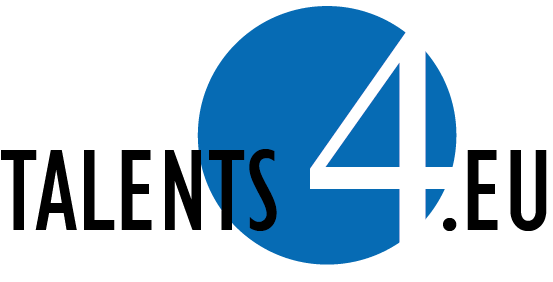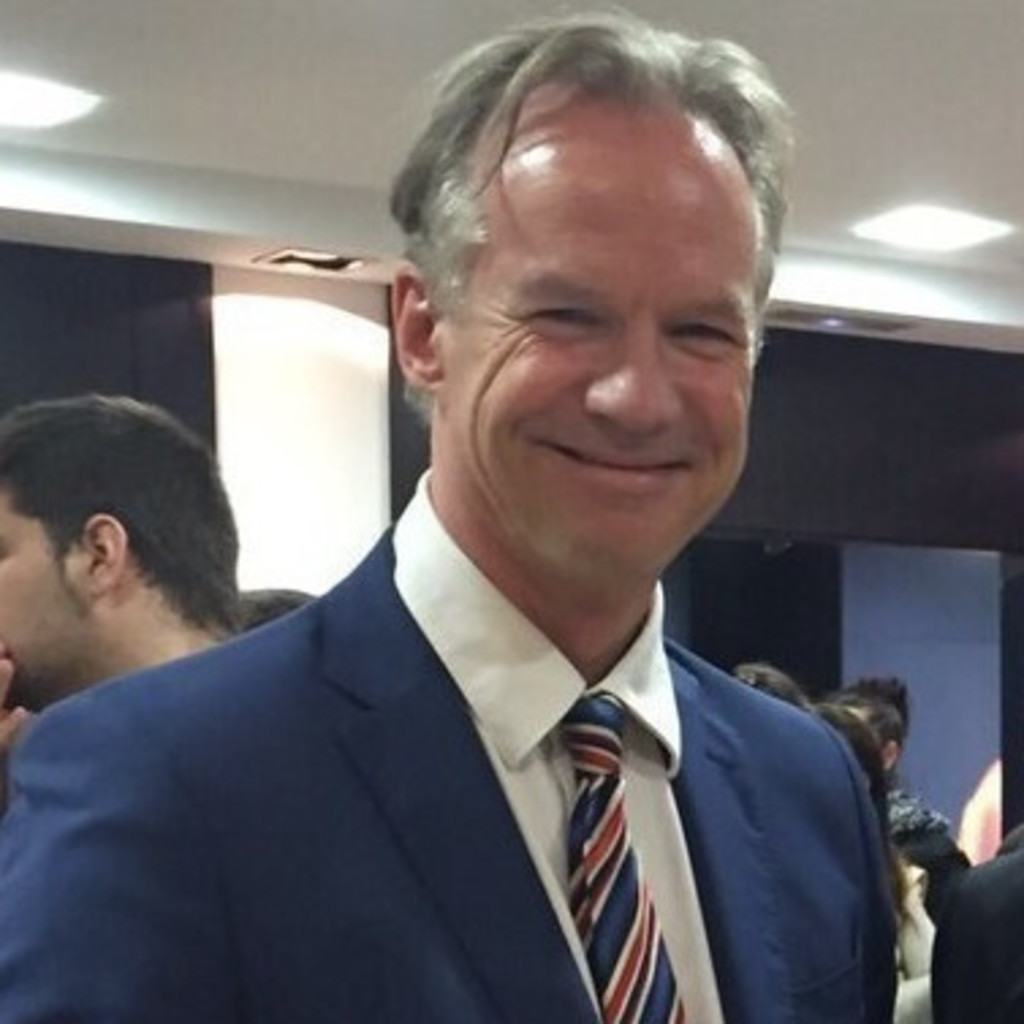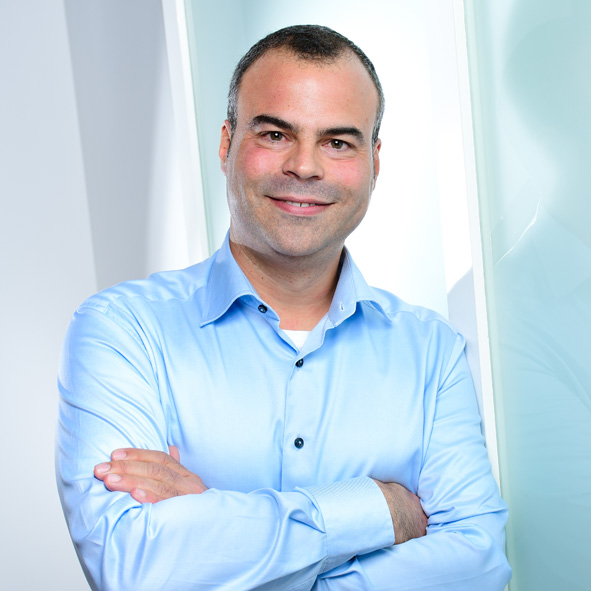What we offer
It is not only in Germany that the shortage of skilled workers is now so great that local or national recruitment is no longer sufficient. This is where international recruitment makes sense. German companies are competing with companies from other countries.
talents4.eu is an initiative of the International Formation Center (IFCenter) in Madrid and TALENTBRÜCKE GmbH & Co. KG in Cologne. We are looking for your future employees throughout Spain and beyond!
Spain, for example, offers a large number of excellently trained professionals from various sectors. With numerous projects, we have built up an outstanding reputation in Spain and Germany over the past few years. In recent years, our focus has been on educational occupational fields. But we have also been successful in other sectors.
Specialists – Our offers
- Determination of personnel requirements
- We support you in quantitative and qualitative personnel planning
- Advertising of your vacancies throughout Spain via target group-specific channels
- Pre-selection of suitable candidates directly in Spain based on TALENTBRÜCKE's proven selection procedures - suitable for the demands of German companies.
- Determination of the motivation of applicants - selection of applicants who really want to work in a new country
- Preparation of new employees in their home country
- Language courses - usually up to level B1 or B2
- Preparation for the cultural differences between home country and Germany (also for regional peculiarities in Germany)
- Advice on the integration of new employees from abroad (keyword: welcome culture)
- Advice on travel, housing, social security, etc.
We will be happy to provide you with information in a video conference, a telephone call or a personal conversation. Just get in touch with us!
You will find the contact form further down on this page.
Areas in which we recruit
Frequently Asked Questions – General
Recruitment takes place all over Spain. From Galicia in the north to Madrid to Andalusia or the Canary Islands. There are excellent professionals everywhere in Spain.
That depends on the profession of the person and the number of specialists. As a rule, it takes about 6 to 9 months to bring them up to a B2 language level
Getting to know each other usually happens via video conference. In the case of larger groups, however, you can also participate in the selection of candidates. Potential employees will be approached directly for your company. We call this our exclusive course.
In an exclusive course, all participants are placed with one client or a group of clients. In these courses, the participants are selected directly or indirectly by the client.
In an open course, participants are placed during the course.
That depends on the profiles. For professions where language is crucial, level B2 makes sense. In professions where there is less communication, a lower level may be sufficient.
Generally speaking, up to level B2 it is relatively easy to learn a language in the home country. After that, it makes sense to continue learning in the destination country.
A1: Can understand and use familiar everyday expressions and very basic phrases aimed at the satisfaction of needs. Can introduce themselves and others and can ask other people questions about themselves - e.g. where they live, people they know or things they have - and can respond to questions of this kind. Can communicate in a simple way if the interlocutor speaks slowly and clearly and is willing to help.
A2: Can understand sentences and frequently used expressions related to areas of most immediate relevance (e.g. personal and family information, shopping, work, local area). Can communicate in simple, routine situations involving a simple and direct exchange of information on familiar and routine matters. Can describe own background and education, immediate environment, and things related to immediate needs in simple terms.
B1: Can understand main points of clear standard input on familiar matters regularly encountered in work, school, leisure, etc. Can deal with most situations likely to arise whilst travelling. Can deal with most situations encountered when travelling in the language area. Can produce simple and coherent text on familiar topics and areas of personal interest. Can describe experiences and events, dreams, hopes, and ambitions and give brief reasons or explanations for plans and opinions.
B2: Can understand main ideas of complex texts on both concrete and abstract topics, including technical discussions in their field of specialisation. Can communicate so spontaneously and fluently that a normal conversation with native speakers is quite possible without major effort on either side. Can express themselves clearly and in detail on a wide range of subjects, explain a viewpoint on a topical issue and give the advantages and disadvantages of different options.
C1: Can understand a wide range of demanding, longer texts, including implicit meaning. Can express themselves fluently and spontaneously without having to search for clearly identifiable words. Can use the language effectively and flexibly in social and professional life or in training and study. Can express themselves clearly, in a structured and detailed way on complex subjects, making appropriate use of various means of linking texts.
C2: Can understand virtually everything they read or hear with ease. Can summarise information from a variety of written and spoken sources, giving reasons and explanations in a coherent presentation. Can express themselves spontaneously, very fluently and accurately, making clear finer shades of meaning even in more complex situations.
As a matter of principle, all applicants learn German. Depending on the profile, different levels are taught. We will be happy to advise you on the right course level.
Our language classes take place at the International Formation Center in Madrid. Some courses start online at the beginner level. But after reaching the A2 level at the latest, all courses are held in presence in Madrid. This ensures the greatest possible learning success.
Our language courses are basically preparatory courses. We consider cultural and subject-specific preparation to be the key to success.
Our courses always end with a language exam. We do not work with the certificates of the Goethe Institute, but with telc. The certificates are equivalent.
If the test is not passed, it does not mean that the candidate does not know the language. Exam situations cause a lot of stress. We oblige the participants to take another exam in Germany.
We agree on a "project period" during which we take care of all concerns. However, this does not mean that we are no longer available after this period. Our most important goal is the satisfaction of our participants and clients!
Spaniards are generally more extroverted in their private lives. At work, however, it is different. This is mainly because work in Spain is more hierarchically organised than in Germany. Also because of their upbringing, Spaniards are generally less used to making decisions on their own.
As a rule, no. We work with profiles where there is a shortage of skilled workers in Germany. If there is also a shortage in this sector in Spain, then we focus on other countries.
In Germany, Spain is often equated with the Costa Brava or Mallorca. But even in Spain it's not all sunshine. So the weather is usually not a problem. The fact that people don't like rainy and cold weather is not linked to their nationality.
No one can guarantee that employees will stay with you. However, the preselection for our projects increases the probability. We are happy to advise you on integration and intercultural issues. Close support is a matter of course for us.
We are happy to help with the search for flats. But usually the future employers know their way around the place better. We look for flats, micro-apartments or shared flats that allow a good start in Germany at an affordable level. The flats are paid for by the new employees.
Funding is possible, but the conditions change every year. We will be happy to advise you!
The staff members arrive with the agreed language level. Of course, language use depends on various factors. Nervousness is a crucial factor. Figuratively speaking, the staff members have just got their driving licence and are now supposed to drive a Ferrari.
It always helps to speak slowly and to use simple terms. If this does not help, translation programmes (e.g. the Google Translator or Deepl) can help. If you have any further problems, we are always happy to help.
No, individual people can also be hired. However, it helps some people to arrive if they are not alone. In this case, it may make sense to employ at least two professionals. Often, however, several specialists from one course go to the same city and can support each other.


